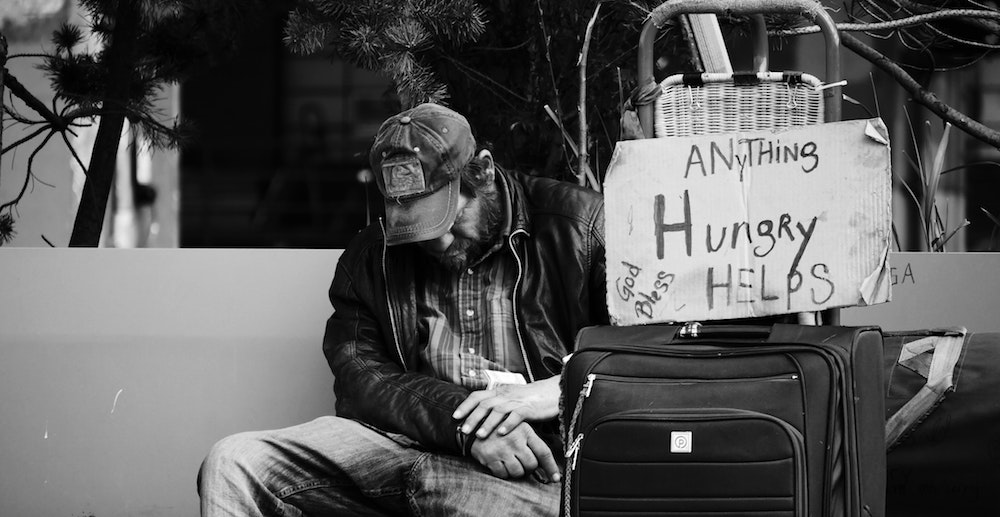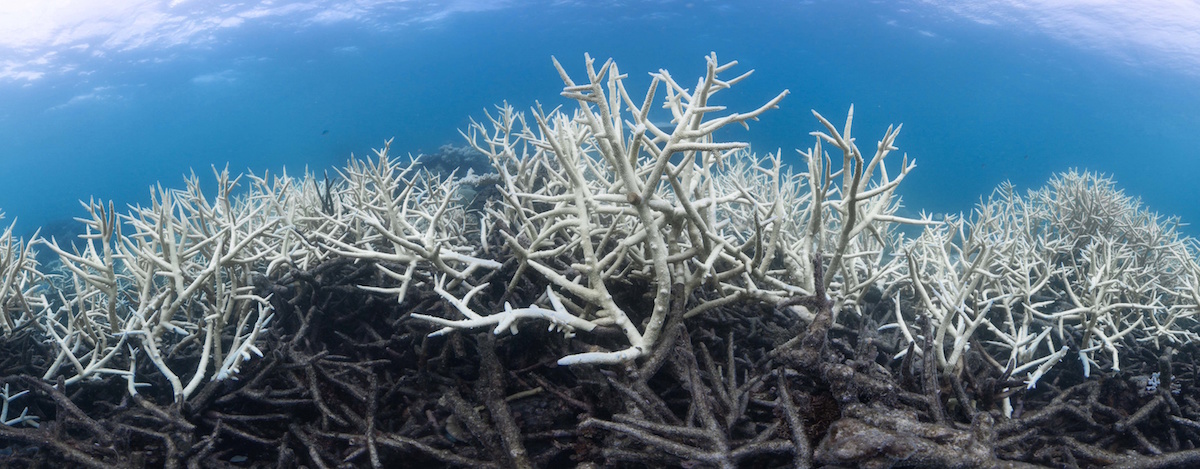A scholarly community led by graduate students, Critical University Studies (CUS) seeks to: 1) deepen our theoretical inquiry of critical studies of higher education and develop theoretical and empirical connections with critical studies of race, gender, and class. We draw inspiration from the black radical tradition, black feminism, indigenous studies, and decolonial theory. Next, we […]
Research Team
COVID-19 & Natural Resources
“COVID and Natural Resources” examines how the 2020 coronavirus pandemic interrupted the ways minerals, oil, and gas are mined, processed, circulated, and consumed. Gold prices, unsurprisingly, rose with the number of the sick, while the unthinkable — a negative price for oil on the West Texas Intermediate on April 20 — made international news, raising […]
Research Team
The Asian City: New Models of City-Making
Driven by convergent and disparate forces of governance and capital markets, the contemporary Asian city represents a new model that differs from those in the Anglo-American or European planning traditions. Beyond a site of engagement with capitalism or postcolonialism, Asian cities are nodes of specific local, regional, and national articulations in the pursuit of globality. The […]
Research Team
Psychology & Economics of Poverty
The Psychology and Economics of Poverty (PEP) Initiative represents a new research agenda exploring the cognitive and behavioral effects of poverty, by cultivating a tight-knit community of development economists, cognitive and social psychologists, and other scientists working on poverty reduction. The initiative will strengthen a nascent community of practice by: coordinating cross-disciplinary lab meetings and […]
Research Team
Community Cooperation and the Police in Comparative Perspective
A fundamental role of the state is to provide security and order, and the police are the consummate street-level bureaucrat serving to provide these functions, but their success fundamentally relies on earning the trust and cooperation from citizens. We explore how positive relationships between citizens and the police are built. We examine existing work on […]
Research Team
Water, Wealth, and Power in the U.S.
Water is being financed, priced, marketized, and governed under novel ownership regimes. These interventions have the potential to disrupt or entrench convergences between water, wealth, and power. While income is widely recognized as a determinant of water access, recent research also posits an inverse relationship between water, wealth and power: for instance, disproportionately high costs […]
Research Team
Topology as Method: Surfaces for Social Science
Topology, often opposed to rigid geometry, is the study of the properties of spaces that are invariant under certain deformations. Space, as domain of social inquiry, knots together issues of human perception, affect and body, event, structure and agency, movement and circulation, and individuation and differentiation, and as such, necessitates interdisciplinary work. Rather than beginning […]
Research Team
Science Denial: Media, Public Policy, Power, and Scientific Truth
Who has the power to speak publicly for science, set scientific agendas, and give shape to science policy? Why do some reject their positions? How does news coverage of science perpetuate the trend? This Matrix prospecting team will convene scholars from across the UC campus to critically examine the process of scientific consensus and contestation, […]
Research Team
Pragmatics in Clinical Communication
In all language, there may be a gap between what is said and what is understood. In medical communication, these often-unnoticed misunderstandings have serious consequence for ethics or practice of clinical care. This team aims to create a multi- institutional collaboration specifically analyzing the multi-faceted use of the word “treatable” around oncology patients in intensive […]
Research Team
Assembling Resilience: Expert Systems and Knowledge Infrastructures in Climate Change Governance
Resilience has become a central topic in discussions about how to respond to global climate change. This project examines the politics of resilience as an emerging terrain of government. Up to this point, social science discussions have been speculative, based largely on theoretical definitions of resilience. But with the recent implementation of a growing number […]
Research Team
Toward a Political Economy of Computer Science: Paths, Dangers, Strategies
This progress team examines the politics implicit in the technical development of artificial intelligence. In particular, they will work toward a one-day workshop in spring 2020 that will include student presentations and faculty panels on the “political economy of AI development," outlining how the technical decisions made by system designers and AI theorists when endorsing […]
Research Team
Interpreting Risk in the Age of Direct-to-Consumer Genetic Health Testing
Following the success of genetic ancestry testing, direct-to-consumer (DTC) genetic health tests are on a rapid rise. 23andMe, Veritas, and Genos are just three of many companies ushering consumers to a new age of neoliberal healthcare management. These at-home tests promise accurate predictions of health problems, ranging from ‘lifestyle’ concerns such as how much one […]











